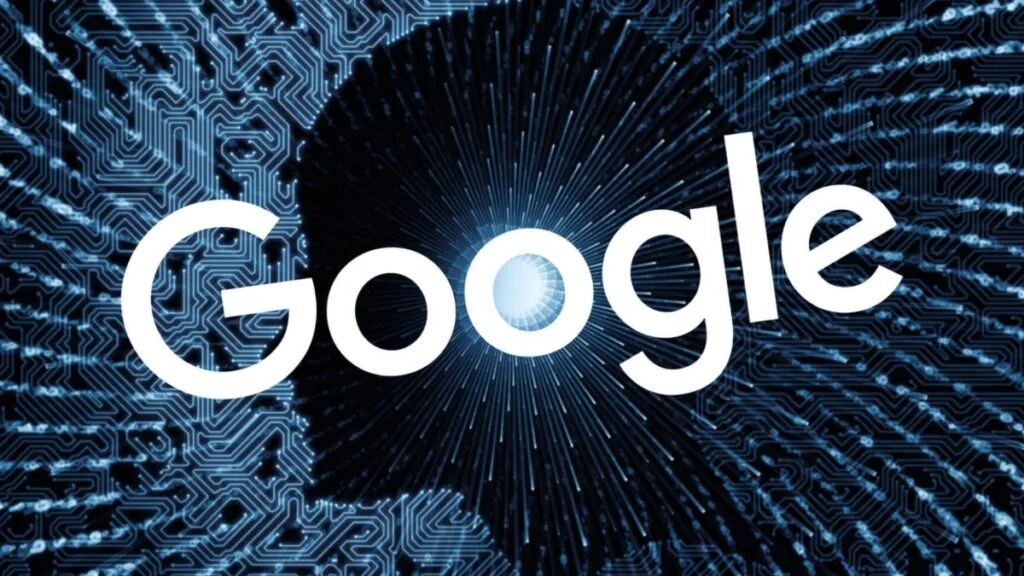On October 4, Google declared in separate statements that it was integrating artificial intelligence (AI) capabilities into two of its key products.

Google first introduced Assistant with Bard. This release signals the integration of Google’s personal assistant app for Android and iOS devices with the Bard AI tool, which is already accessible through several Google web services.
Vice President and General Manager for Bard and Google Assistant, Sissie Hsiao, wrote:
“Generative AI is creating new opportunities to build a more intuitive, intelligent, personalized digital assistant. One that extends beyond voice, understands and adapts to you and handles personal tasks in new ways.”
According to Hsiao, the Assistant will be able to plan vacations, check emails, make grocery lists, and send texts with the aid of AI. Additionally, she gave an example of a specific use case where a user chooses an image to construct a social network post automatically.
According to the announcement, the feature will be provided to early testers with some limitations based on languages and countries in the upcoming months.
Google independently announced the release of Android 14, and it includes some AI functions, though they are less robust than those provided by Bard.
In particular, the business unveiled two Android AI features along with several other customization, data collection, and accessibility features. The first of these AI functions is a screen lock function that adapts based on the situation at hand.
For instance, Google claims that this functionality will make the user’s weather forecast widget more obvious whenever inclement weather is anticipated.
The second function, which is more frivolous, enables users to make wallpapers by responding to an AI prompt. The Pixel 8 and Pixel 8 Pro will be the first devices with this feature.
In recent months, Google has also made announcements concerning its other AI initiatives, such as Duet, a tool for collaboration, and Gemini, a set of large-language models.
